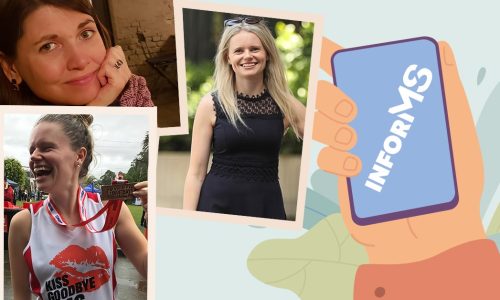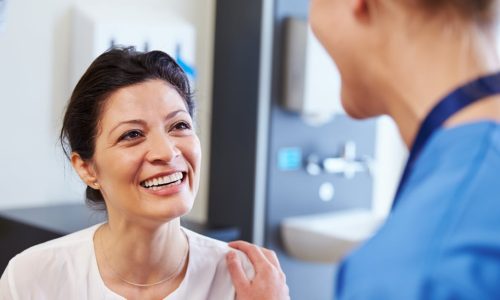Since 2008 people with MS have been able to make a very special gift to MS research by donating their precious brain and spinal cord tissue to research via the MS Research Australia Brain Bank after their death.
In 2015, the MS Research Australia Brain Bank has provided tissue to a number of research projects investigating different aspects of MS biology.
One of these projects is being run by Associate Professor Jeannette Lechner-Scott, from the Hunter Medical Research Institute in NSW, and her PhD student Katherine Sanders, who is being supported by a MS Research Australia Postgraduate Scholarship.
It is known that damage to the brain tissue in MS begins in the normalappearing tissue before progressing further into the more obvious MS lesions. This project will explore whether changes in the activity of genes within this normalappearing white matter brain tissue could help to understand or predict the ‘triggers’ of this damage. Associate Professor Lechner-Scott and her team will be looking specifically at the role of microRNAs (miRNAs) in the onset and progression of MS. miRNA are molecules which are used by cells to control gene activity. miRNAs are known to play roles in cell growth, cell death and in the development of different tissue types. They are also known to play a role in many disease processes.
In this project, the researchers are investigating how miRNAs are involved in MS. Since miRNA function differs between cell types, they will look directly at the miRNA profile in MS lesions taken from the brain tissue of people who had MS, something that has only been done in a limited capacity before. Since miRNA molecules are remarkably stable, there is great potential for them to be used as biomarkers to diagnose and predict disease outcome in MS.
To profile the samples, they will be using a novel method in MS miRNA research called NanoString technology. This technique employs fluorescent barcodes that very specifically tag particular miRNA. Microscope images are then taken of the sample and the exact number of molecules counted, thus giving very detailed data whilst limiting the amount of precious brain tissue used.
Brain donation is an incredibly valuable gift that people with MS can make to enable new breakthroughs in medical research. Associate Professor Lechner-Scott’s project will help us to understand what may trigger the disease, how lesions develop, and possibly identify markers that could be used to monitor treatment response or disease progression. This work highlights the value of studying human tissue to deepen our understanding of the genetics of MS and how this affects the structure and function of the brain and spinal cord.
To register your interest in becoming a donor with the MS Research Australia Brain Bank, visitwww.msbrainbank.org.au/register or call 1300 672 265.






